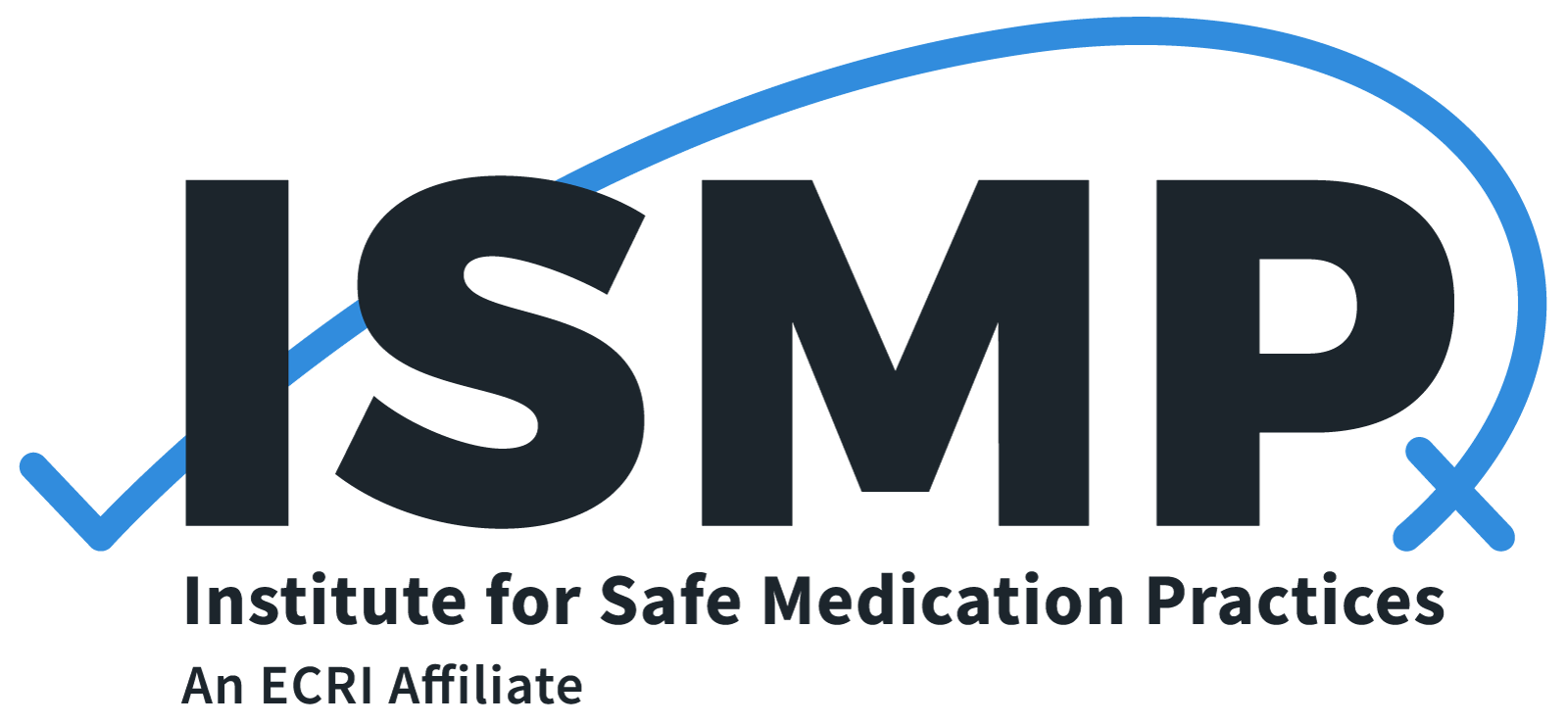Transitioning new clinicians from education to practice named top patient safety concern of 2024
Challenges transitioning new clinicians from academic training to professional practice tops ECRI’s 2024 list of 10 patient safety concerns released by one of the nation’s largest patient safety organizations. ECRI researchers compiled the report by drawing on evidence-based research, data, and expert insights.
Difficulties accessing maternal and perinatal care also made the list, along with the decline of healthcare workers’ wellbeing, and unintended outcomes of adopting new technologies. The Top 10 Patient Safety Concerns report serves as a guide for helping providers and systems reduce risks and improve outcomes for their patients and workforce.
Studies show the pandemic disrupted the traditional hands-on, in-person educational experiences of new clinicians, an issue compounded by healthcare workforce shortages. According to ECRI experts, without sufficient preparation, support, and training throughout the transition into practice, new clinicians may be especially prone to loss of confidence, burnout, and reduced mindfulness around a culture of safety. The convergence of these factors can result in failures to address preventable harm or incidents that cause adverse events for patients, according to ECRI researchers.
“Through no fault of their own, clinicians who started practicing medicine in the last several years didn’t have the same early experience as those who came before them – before the pandemic laid bare critical weaknesses in our healthcare system,” said Marcus Schabacker, MD, PhD, president and CEO of ECRI. “ECRI’s top patient safety concern is a call to action to set new clinicians up for success through a Total Systems Safety approach and assess and redesign the environments in which clinicians are trained, onboarded, mentored, and supported.”
The top 10 patient safety concerns for 2024 are:
Transitioning new clinicians from education to practice
Workarounds with barcode medication administration systems
Access to maternal and perinatal care
Unintended consequences of technology adoption
Physical and emotional well-being of healthcare workers
Complexity of preventing diagnostic error
Equitable care for people with physical and intellectual disabilities
Drug, supply, and equipment shortages
Misuse of parenteral syringes to administer oral liquid medications
Preventing patient falls
ECRI’s experts identify several recommendations for these concerns, especially to better prepare new clinicians for practice, including collaborative partnerships among academic and healthcare institutions, robust transition-to-practice programs with intense preceptorships, and simulation-based education to supplement live hands-on learning.
“Hospitals and health systems that are ECRI members have reported to us they’re very concerned about the current state of how newly trained clinicians are transitioned into practice,” said Dheerendra Kommala, MD, chief medical officer at ECRI. “More research is needed to quantify how this issue impacts patient safety outcomes. In the meantime, early indicators warn us to act now. Investments in this new generation of healthcare professionals will establish a stronger, more resilient workforce for decades to come.”
On March 15, ECRI patient safety experts will host a webinar to discuss the top patient safety concern of 2024. Register to join.
ECRI and its affiliate, the Institute for Safe Medication Practices (ISMP), analyzed a wide scope of data to identify the most pressing threats to patient safety, including scientific literature, patient safety events, concerns reported to or investigated by ECRI and ISMP, client research requests and queries, and other internal and external data sources.
ECRI’s Top 10 Patient Safety Concerns for 2024 report includes recommendations for healthcare organizations to create organizational resilience to navigate the identified threats and strive for Total Systems Safety. Download the report.
